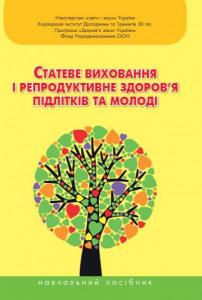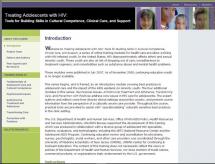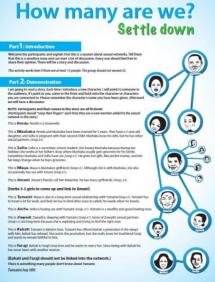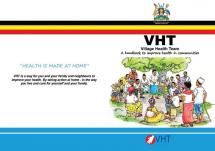Trainers Manual for “Grow Healthy”
This material is from the Healthy Women of Ukraine (HWUP) program. The goal of HWUP, which runs from 2011-2016, is to protect the reproductive health of Ukrainian women and couples by increasing the appropriate and effective use of modern methods of contraception as an alternative to unintended pregnancy and associated abortion. HWUP was a follow-on project to an earlier program, Together for Health, which ran from from 2006-2011.
This is a manual for trainers in the framework of the educational program “Grow Healthy.” This manual is for teachers and social workers who will further work with teenagers and youth on FP/RH issues.
Source: Healthy Women of Ukraine Program (HWUP)
Date of Publication: March 25, 2019
SIMILIAR RESOURCES
Tools
Examples
- The REPLACE Approach: Supporting Communities to End FGM
- Healthy Timing and Spacing Of Pregnancy: A Trainer’s Reference Guide
- Design Methods for Developing Services
- Positive Connections: Leading Information and Support Groups for Adolescents Living with HIV
- Urban Adolescent Sexual and Reproductive Health SBCC I-Kit
- Adolescents Living with HIV (ALHIV) Toolkit
- Providing Reproductive Health Services to Young Married Women and First-time Parents in West Africa
- Orientation Programme on Adolescent Health for Health-Care Providers
- Practice Guide: Behaviour Change Communication during Crisis
- Community-Based Health and First Aid COVID-19 Manuals




